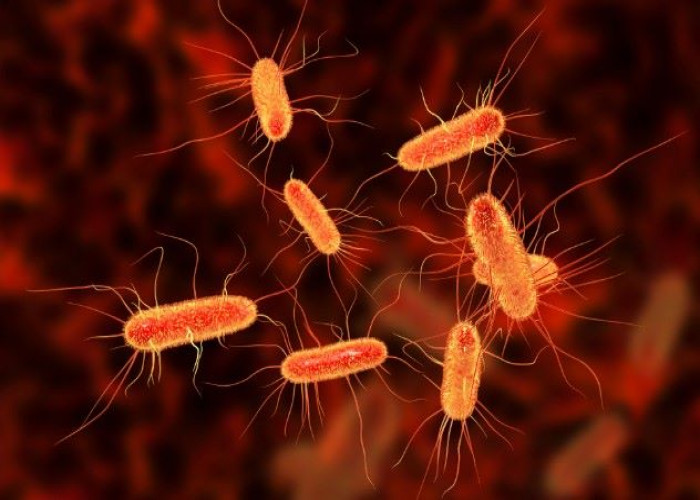 Welcome
Welcome
“May all be happy, may all be healed, may all be at peace and may no one ever suffer."
E. coli
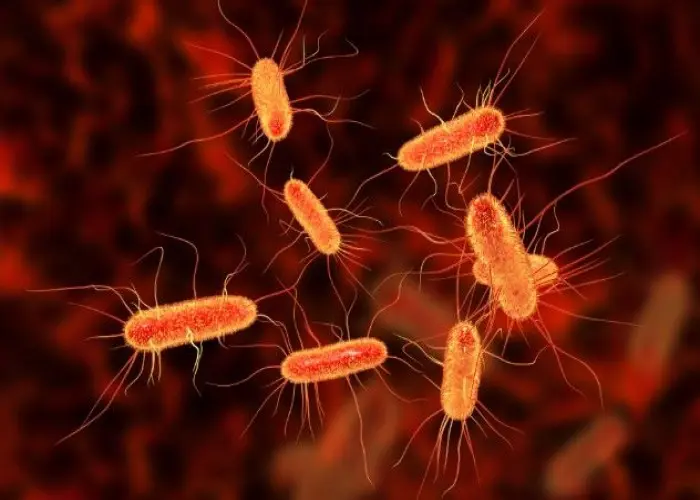
Escherichia coli (E. coli) is a type of bacteria that is commonly found in the gut of humans and animals. While many strains of E. coli are harmless and even beneficial, some strains can cause illness.
One particular strain of E. coli, known as E. coli O157:H7, is known to cause foodborne illness. This strain can produce a toxin that can cause severe abdominal cramps, diarrhea (which can be bloody), and in severe cases, kidney failure. E. coli O157:H7 is most commonly transmitted through contaminated food, such as undercooked ground beef, raw vegetables, and unpasteurized milk.
In addition to foodborne illness, E. coli can also cause infections such as urinary tract infections (UTIs), pneumonia, and meningitis. E. coli infections can be treated with antibiotics, but antibiotic resistance is becoming an increasing problem with some strains of E. coli.
Preventing E. coli infections involves practicing good food safety habits, such as washing hands before handling food, cooking meat thoroughly, and avoiding unpasteurized dairy products. In healthcare settings, proper hand hygiene and infection control measures can help prevent the spread of E. coli infections.
Research Papers
Disease Signs and Symptoms
- Abdomen cramps
- Abdominal tenderness
- Nausea or vomiting
Disease Causes
E. coli
Only a few strains of E. coli trigger diarrhea. The E. coli O157:H7 strain belongs to a group of E. coli that produces a powerful toxin that damages the lining of the small intestine. This can cause bloody diarrhea. You develop an E. coli infection when you ingest this strain of bacteria.
Unlike many other disease-causing bacteria, E. coli can cause an infection even if you ingest only small amounts. Because of this, you can be sickened by E. coli from eating a slightly undercooked hamburger or from swallowing a mouthful of contaminated pool water.
Potential sources of exposure include contaminated food or water and person-to-person contact.
Contaminated food
The most common way to get an E. coli infection is by eating contaminated food, such as:
- Ground beef. When cattle are slaughtered and processed, E. coli bacteria in their intestines can get on the meat. Ground beef combines meat from many different animals, increasing the risk of contamination.
- Unpasteurized milk. E. coli bacteria on a cow's udder or on milking equipment can get into raw milk.
- Fresh produce. Runoff from cattle farms can contaminate fields where fresh produce is grown. Certain vegetables, such as spinach and lettuce, are particularly vulnerable to this type of contamination.
Contaminated water
Human and animal stool may pollute ground and surface water, including streams, rivers, lakes and water used to irrigate crops. Although public water systems use chlorine, ultraviolet light or ozone to kill E. coli, some E. coli outbreaks have been linked to contaminated municipal water supplies.
Private water wells are a greater cause for concern because many don't have a way to disinfect water. Rural water supplies are the most likely to be contaminated. Some people also have been infected with E. coli after swimming in pools or lakes contaminated with stool.
Personal contact
E. coli bacteria can easily travel from person to person, especially when infected adults and children don't wash their hands properly. Family members of young children with E. coli infection are especially likely to get it themselves. Outbreaks have also occurred among children visiting petting zoos and in animal barns at county fairs.
Disease Prevents
E. coli
No vaccine or medication can protect you from E. coli-based illness, though researchers are investigating potential vaccines. To reduce your chance of being exposed to E. coli, avoid swallowing water from lakes or pools, wash your hands often, avoid risky foods, and watch out for cross-contamination.
Disease Treatments
For illness caused by E. coli, no current treatments can cure the infection, relieve symptoms or prevent complications. For most people, treatment includes:
- Rest
- Fluids to help prevent dehydration and fatigue
Avoid taking an anti-diarrheal medication — this slows your digestive system down, preventing your body from getting rid of the toxins. Antibiotics generally aren't recommended because they can increase the risk of serious complications and they don't appear to help treat the infection.
If you have a serious E. coli infection that has caused a life-threatening form of kidney failure (hemolytic uremic syndrome), you'll be hospitalized. Treatment includes IV fluids, blood transfusions and kidney dialysis.
Disease Diagnoses
Disease Allopathic Generics
Disease Ayurvedic Generics
Disease Homeopathic Generics
Disease yoga
E. coli and Learn More about Diseases
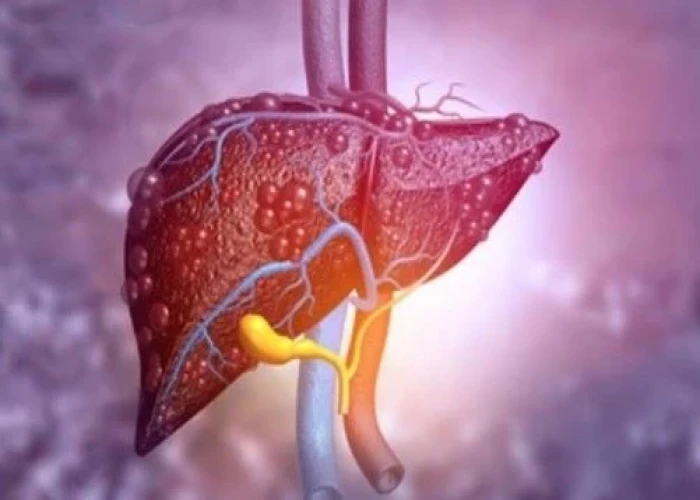
Primary sclerosing cholangitis
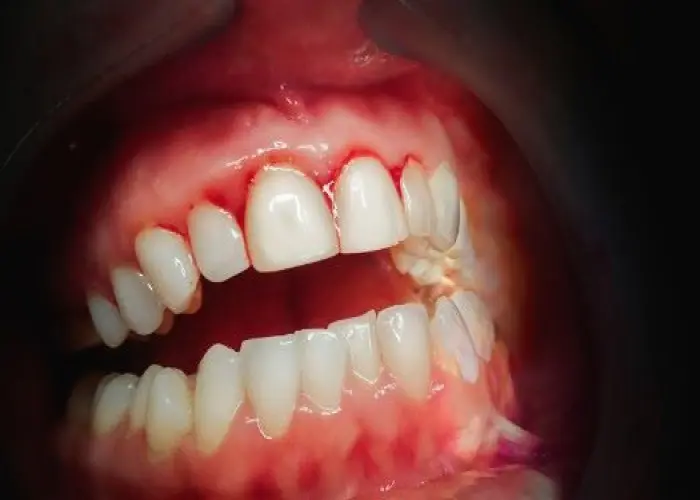
Gingivitis
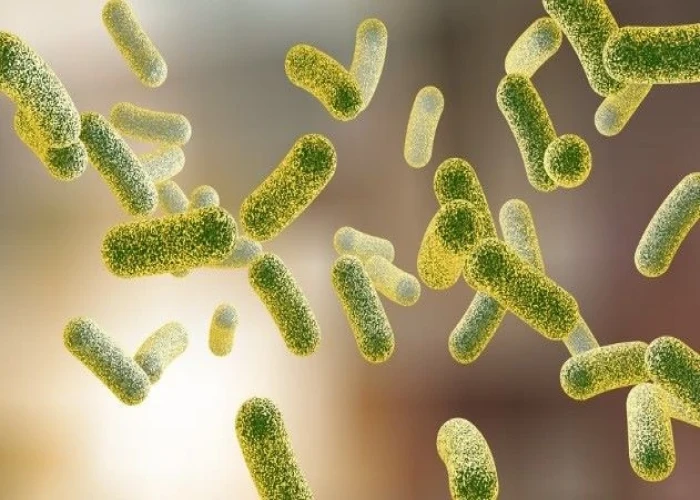
Pseudomembranous colitis

Bursitis

Thoracic outlet syndrome

Transverse myelitis

Intussusception
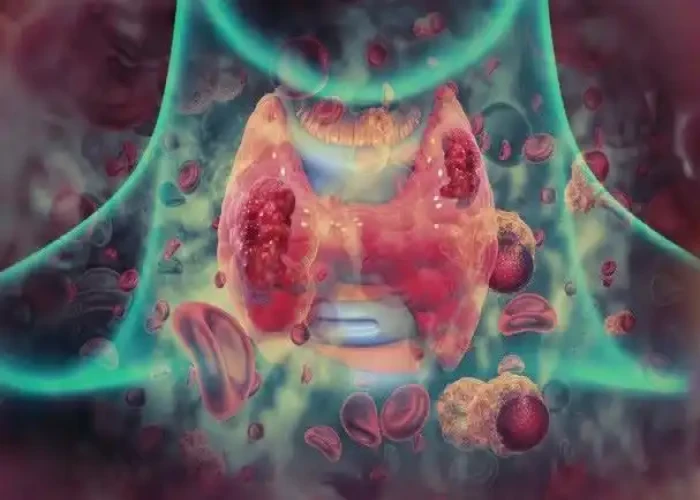
Thread Worm
e. coli, ই কোলাই
To be happy, beautiful, healthy, wealthy, hale and long-lived stay with DM3S.
